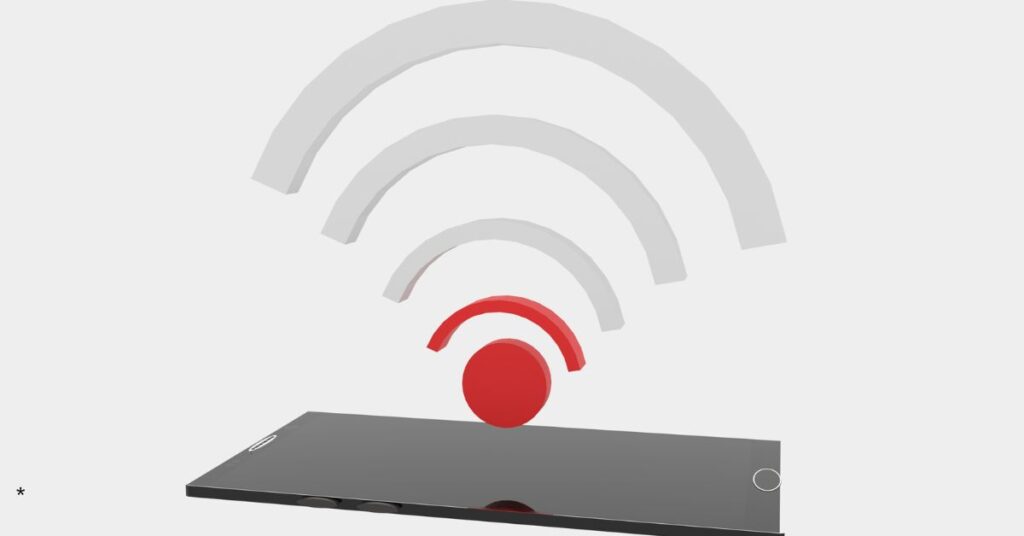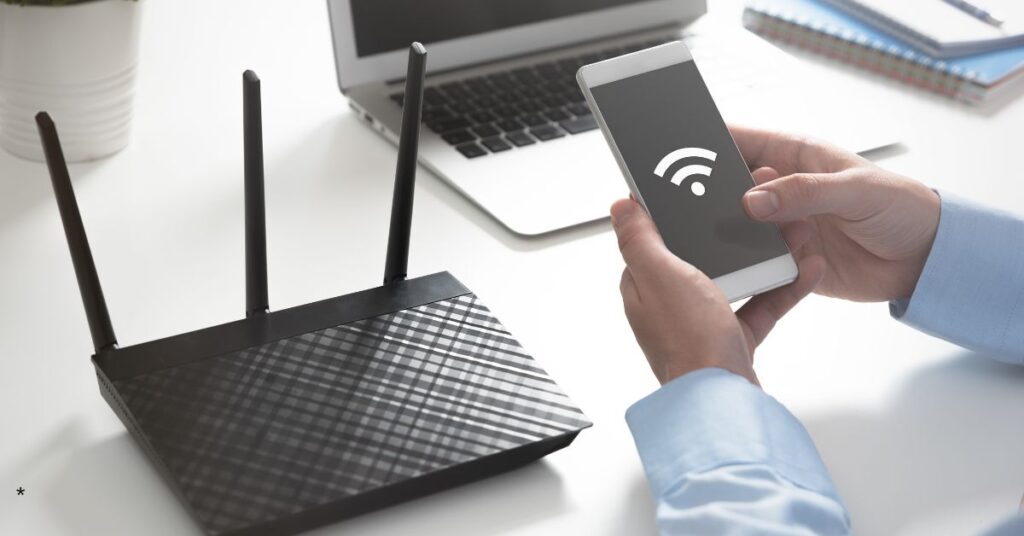Solar Panels and wifi Technology
Solar panels offer a prominent alternative to producing eco-conscious electricity. These panels can significantly reduce energy bills and carbon footprints by harnessing the sun’s power. However, as more people install solar panels, questions have arisen about how they may affect other technologies, such as Wi-Fi.
Wifi technology has revolutionized the way we connect to the Internet and communicate with each other. It allows for fast, reliable, and convenient wireless connections. Many people rely on wifi for work, entertainment, and staying connected with loved ones.
Solar panels are increasingly common on rooftops and in open spaces. People worry about whether they can block wifi signals. Some believe the electromagnetic fields solar panels create could disrupt or weaken wifi connections. Others argue that there is no evidence to support this claim.
What we will cover?
This article delves into the truth behind the query “Do solar panels interfere with wifi?” exploring if and how solar installations can affect internet connectivity. It covers many things. They range from direct interference to network performance impacts. The guide addresses common concerns like “Do solar panels interfere with the internet” and “Do solar panels affect wifi.”
Furthermore, it highlights factors that impact wifi signals and offers solutions to strengthen your connection. By the end, readers will get a complete understanding. They will understand the link between solar panel use and wifi. This will let them make informed choices about using solar tech. It won’t harm online activities.

Do solar panels effect wifi signals?
Common Misconceptions
Many homeowners worry that solar panels will block wifi after installing them on their rooftops or near their homes. Anecdotal reports suggest wifi disruptions after installation, including decreased signal strength or connectivity issues. However, such occurrences are rare and often not caused by solar panels. For instance, one homeowner noted persistent wifi problems after solar installation, but no direct correlation to the panels could be scientifically established.
Scientific Explanation
The primary concern regarding solar panels and wifi interference revolves around Electromagnetic Interference (EMI). Solar panels do not emit much electromagnetic radiation, but inverters can. They convert DC electricity from solar panels to AC for home use. Modern inverters comply with strict electromagnetic compatibility standards, which minimize interference with wifi and other devices.
Also, solar panels could block wifi signals. They might weaken signals by getting in the way of the router and devices. This issue can be mitigated by strategically placing the solar panels and the wifi router to avoid direct blockage.
Factors that Affect wifi Signals
Physical Barriers
Physical obstructions play a significant role in the degradation of wifi signals. Materials such as concrete, metal, and plaster can severely impede wifi connectivity. For instance, conductive metal structures absorb electromagnetic signals, weakening wifi strength. Similarly, concrete walls are rigid for signals. This is especially true for walls reinforced with metal laths. They often need extra solutions like wifi extenders to boost signal reach.
Electronic Devices
Various household electronic devices can also interfere with wifi signals. Devices that operate on the same frequency as wifi, such as microwave ovens and cordless phones, can particularly disrupt wifi performance. For example, people know that microwaves slow down wifi. They emit signals at a 2.4 GHz frequency. Also, wifi routers are often near other electronic devices. This can cause signal interference. So, it would help if you placed routers away from sources of electronic disruption.
Distance from Router
The proximity of the wifi router to devices determines signal quality. Signal strength diminishes with increased distance, impacting the speed and reliability of the connection. Put routers in a central spot. This minimizes the distance to devices. Also, avoid placing routers on the ground to stop signal absorption.

Weather Conditions
External environmental conditions such as weather can also affect wifi signals. Rain and snow destroy outdoor networking infrastructure and disrupt signal transmission. Protect all solar panels from rain and snow. Moisture and water droplets in the air during heavy rain or snow can soak up and scatter wifi signals. This weakens connectivity. Also, very hot or cold temperatures can hurt routers and modems. Devices at risk may overheat or lose signal during cold snaps.
Related: Top 4 Solar Power Banks Android
Solutions to Strengthen Your wifi
Updating Your wifi Setup
Upgrading to wifi 6 boosts wireless speeds and expands coverage areas. This is especially true in larger homes. For apartments and tiny houses, one access point may suffice. But, for multilevel homes, a mesh network could provide consistent coverage.
Optimal Router Placement
To maximize the wifi signal, put the router in a central spot. Keep it away from big metal objects and electronics that could cause interference. Raising the router off the floor, positioning it on a high shelf, or mounting it on the wall can also improve signal coverage.
Minimizing Interference
Reducing the number of devices operating on the same frequency and using wifi extenders can help minimize dead zones and weak spots. Changing wifi to less congested channels helps. Also, make sure the router is not near microwaves or cordless phones. This can reduce interference.
Conclusion
We’ve explored how solar panels may affect wifi. We’ve dispelled myths and deepened our understanding. In some cases, solar power tech can intersect with wireless quality. The evidence suggests that solar panels have few direct effects. But, the related equipment and installation matter more for interference. This analysis shows the importance of recognizing the strengths and limits of our current technology. It also shows the importance of using intelligent methods to install and place routers to reduce negative impacts.
As we continue to add renewable energy to our homes and businesses, we must remember their coexistence with vital digital infrastructure. The findings and recommendations shared here aim to guide people. They will help them balance their green energy goals with the needs of our more online lives. Users can ensure a smooth transition to solar energy by considering the factors outlined and adopting suggested solutions. This will sustain both our planet and our connectivity needs.
FAQs
1. Can solar panels disrupt wifi connectivity? Solar panels do not cause electromagnetic interference that would disrupt wifi connectivity. Converting sunlight to electricity involves electrons moving in the panels’ cells. This does not affect wireless signals.
Can solar panels cause wifi to drop?
Yes, the inverters used in solar power systems can produce electromagnetic interference that may affect wifi signals.
How can I tell if my solar panels are affecting my wifi?
Utilize a wifi analyzer app to check for interference and determine if turning off the inverter improves the signal.
2. Can the installation of solar panels affect cellular reception?
Yes, solar panels may disrupt cell signals. This is due to their structure and materials. Using high-gain antennas can fix this issue. They boost signal strength and transmission.
3. Does sunlight impact wifi performance?
The sun’s heat can affect wifi signals as they travel through the air. High temperatures can also heat the air and interfere with the router’s ability to keep data speeds consistent.
4. Do solar panels cause interference with television signals?
Solar panel systems might interfere with TV reception, mainly because the inverter converts the DC electricity generated by the panels into AC electricity. If not shielded, inverters can interfere. It is similar to other household devices. Proper installation is crucial to avoid such issues.